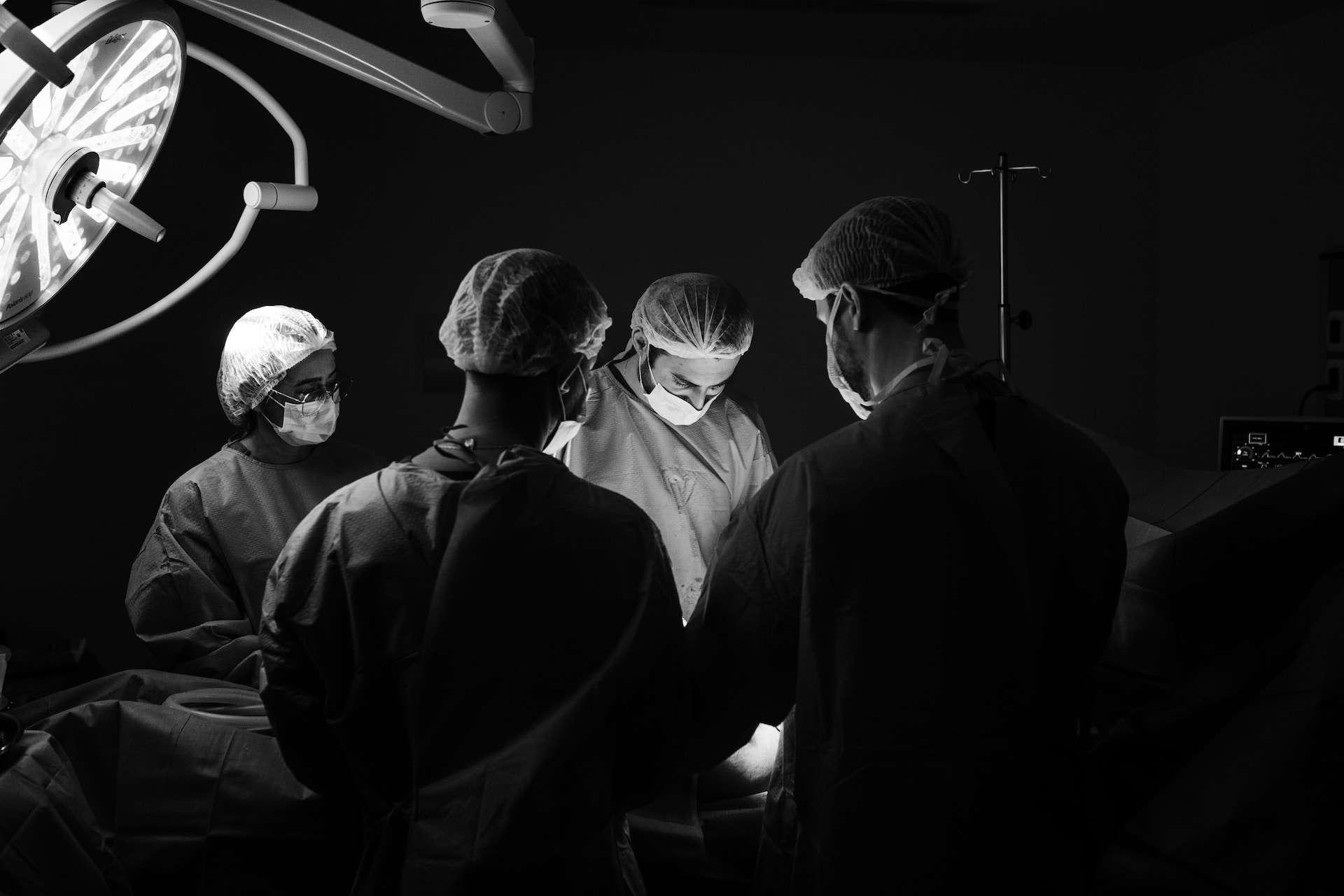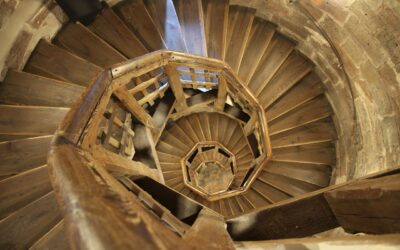Cataract surgery is a highly effective procedure that can significantly improve vision by removing a clouded lens and replacing it with an artificial lens implant. While this surgery can restore clarity and sharpness to one’s vision, it is important to note that many individuals may still require glasses even after the procedure. In this blog, we will explore the reasons behind the continued need for glasses post-cataract surgery, shedding light on the factors that influence visual correction.
The Limitations of Artificial Lens Implants
The primary reason why glasses are often necessary after cataract surgery is rooted in the nature of the artificial lens implants themselves. The artificial lenses lack the flexibility of the natural lens, making it challenging to focus on near objects. This condition, known as presbyopia, is a common age-related vision impairment that affects the ability to see objects up close. To address this issue, the use of reading glasses or bifocal glasses becomes necessary to enhance near vision after cataract surgery.
Addressing Residual Prescriptions after Cataract Surgery
In some cases, glasses may still be needed after cataract surgery due to residual prescriptions that are not entirely corrected by the implanted lens. While the artificial lens aims to correct the cataract prescription, there can still be remnants of the previous prescription that require further correction. The implanted lens may not fully compensate for astigmatism or other refractive errors that existed prior to the cataract surgery. In such situations, wearing glasses is essential to achieve optimal visual acuity and clarity.
Individualized Correction and Vision Needs
It is important to recognize that each person’s visual requirements and goals are unique. The lens implanted during cataract surgery is selected based on various factors such as the individual’s eye measurements, lifestyle, and preferences. While these lenses offer significant improvement in vision, they may not completely eliminate the need for glasses in all situations. The type of lens chosen, whether monofocal, multifocal, or accommodating, also impacts the reliance on glasses post-surgery. Eye care professionals work closely with patients to determine the most appropriate lens choice, considering the individual’s visual goals and expectations.
Managing Expectations and Realistic Outcomes
Understanding the limitations and expected outcomes of cataract surgery is vital to managing expectations. While the surgery itself can greatly enhance vision, it is not a guarantee of perfect or complete visual correction. Some individuals may still experience minor residual refractive errors or find that they require glasses for certain activities such as reading or working on a computer. It is essential to have open and honest discussions with the eye care professional to establish realistic expectations and find the most suitable visual correction options for each individual’s needs.
Maximizing Visual Potential with Glasses
Glasses continue to play a significant role in optimizing visual acuity and clarity after cataract surgery. They can provide essential assistance for near vision tasks, compensate for any residual prescriptions, and ensure optimal visual performance in different situations. Eye care professionals can prescribe glasses tailored to the specific needs of each individual, taking into account any remaining refractive errors and ensuring the most comfortable and accurate vision correction.





